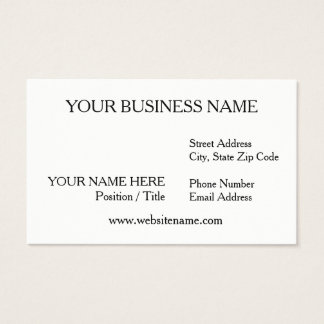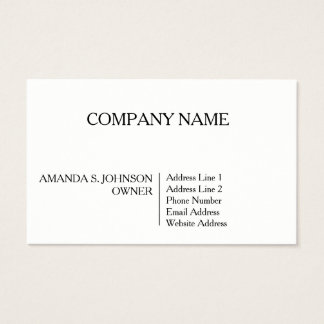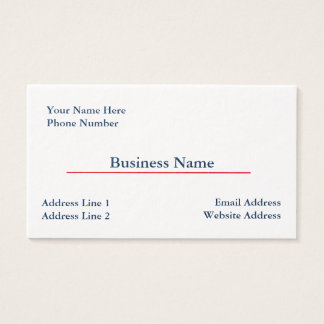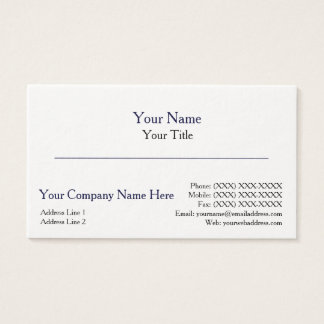There are two shortcuts to starting a business that can put you in the driver’s seat fast. Buying an existing business or buying a franchise are easy ways to start a business compared to starting up from scratch. Here’s what you need to know about both of these options.
Startup shortcut #1: Buying an existing business
When you start a business from scratch, you have to do everything from finding a location and identifying suppliers to developing a brand and hiring employees. When you buy an existing business, many of these steps are already handled for you. Another plus: Since an existing business has a track record and assets, it’s often easier to get a loan to buy an existing business than it is to get a loan to start a business from scratch.
Before you start looking for businesses to buy, identify your skills and interests and what industry you’d like to go into. You can get an idea of the types of businesses for sale by searching on BizBuySell: With 45,000+ listings of businesses for sale at any given time, it will give you plenty of options. Is there a specific business in your community that you’re interested in? Reach out to the owners and see if they are open to the idea of selling—you never know!
What to ask before you buy a business
Once you’ve identified some potential businesses to buy, do your due diligence to dig up any problems with the business and make sure it’s worth the asking price.
- Find out why the owner is selling. Are they retiring or moving? Or is there a problem with the business (such as a declining customer base or a “cursed” location) that makes them want to unload it?
- What business assets will you be purchasing (such as equipment, real estate or inventory)?
- Who are the key employees? If they are essential to the business, you’ll want to make sure that they will stay with your business after the purchase.
- What type of brand recognition does the business have? Investigate the business’s online reputation, including online reviews, social media and the Better Business Bureau, to see if the business has a positive image.
- Review all the business’s financial information, including bank account statements, receivables/payables, and at least three years’ worth of financial statements and tax returns. Find out if there any outstanding loans, liens or lawsuits.
- Look at existing licenses, permits, contracts, trademarks, and other legal documentation to make sure everything is in order. If there’s intellectual property involved, make sure it is part of the sale.
- Is seller financing available? Making payments to the seller over time can be a more affordable way to pay for a business than taking out a loan.
A business broker can help you find businesses for sale and negotiate a price. This is a complex purchase with several risk factors, so you should also have your accountant review the business’s financials once you get serious, and have an attorney review the contract before you sign.
Startup shortcut #2: Buying a franchise
In a franchise system, a parent company, the franchisor, creates a method for operating a business and sells licenses to franchisees allowing them to start their own location of that business. Franchisees pay a fee to buy into the franchise and use its name, trademarks and systems; they also pay ongoing fees and royalties during the life of their business.
As a franchisee, you’ll be responsible for opening your own business, but you will have the guidance and support of the franchisor to help you both during and after launch. This makes buying a franchise one of the best shortcuts to starting a business.
McDonald’s is probably the most famous franchise—and also one of the most expensive. However, you can find franchises for under $10,000 if you are on a low budget. The International Franchise Association (IFA) website, Franchise Gator and Franchise Direct are good places to look for franchise opportunities. These sites also have information about franchise trade shows, where franchisors promote their opportunities to attendees. Attending a trade show is a great way to learn about lots of franchises fast.
Once you express interest in buying a franchise, the franchisor is legally required to give you a Franchise Disclosure Document (FDD), and at least 10 days must elapse between getting this document and signing any purchase agreements. The FDD is a massive document that includes the background of the key players in the franchise, any bankruptcies or lawsuits of the system, initial and ongoing costs, financing options, territory and intellectual property information, what assistance the franchisor provides to franchisees (such as marketing, training, discounts on inventory or supplies, etc.), and the franchisor’s audited financial statements.
There are also names, addresses and phone numbers for both current and former franchisees. Make it a point to contact some of these and find out what they like and dislike about the franchise and, for former franchisees, or why they left the system.
Sponsored by BizBuySellIf you want to search for businesses for sale or post a listing for selling your business, check out the BizBuySell platform.
What to ask before you buy a franchise
- When reviewing a potential franchise, ask yourself:
- Are the financials solid? What is the background and experience of the people in charge? Does this franchise seem like it will be around the long haul?
- What type of assistance is provided? Is that assistance worth the initial and ongoing costs?
- Does the franchise have a recognizable brand? A big part of what you’re paying for is being able to open a business that people are already familiar with.
- How well does the franchisor restrict competition? You want to make sure that another location of the same franchise won’t open down the block from you the month after you open for business.
Well-established franchises are often expensive because they have time-tested systems and strong name recognition. New franchises can be more affordable, but may lack the brand recognition and systems of an older franchise.
You can learn more about how to buy a franchise at the Federal Trade Commission (FTC) and IFA websites. As with buying any business, an accountant and an attorney can be invaluable in helping you review the financial aspects and fine print of the franchise agreement.
Don’t shortchange your startup
I know you’re impatient to start a business—but even buying an existing business or franchise takes some time. There’s no “quick fix” for business ownership, so don’t expect to snap your fingers and have a ready-made business at hand.
Starting a business requires research, planning and hard work, no matter which route you take. Sure, you can take a few shortcuts to starting a business—but don’t shortchange your startup by trying to take too many.





No comments:
Post a Comment